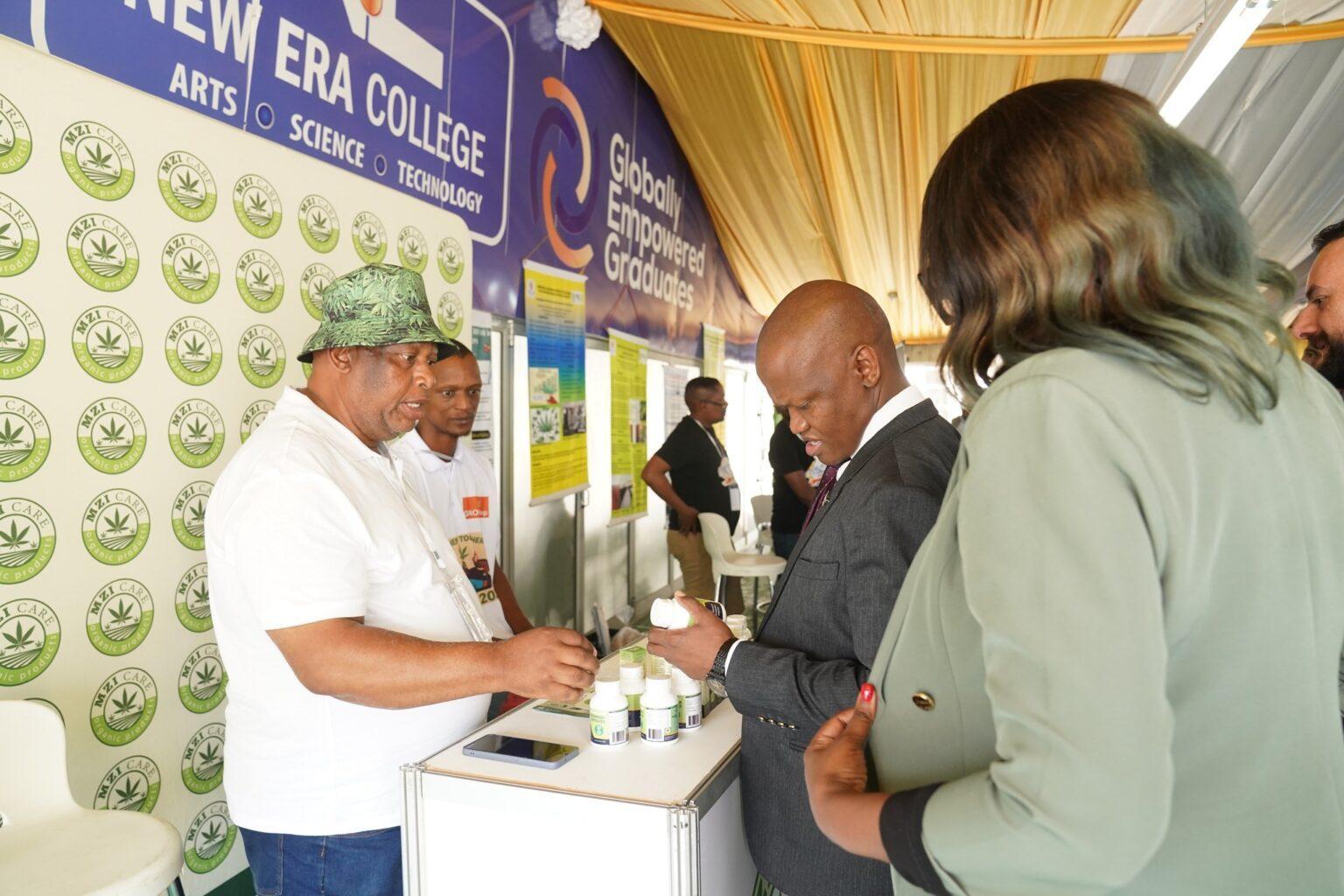Africa-Press – Botswana. Botswana has taken a bold step to diversify its agricultural sector by exploring opportunities in industrial hemp. Acting Minister of Lands and Agriculture, Dr Edwin Dikoloti, described hemp as a high-value crop with the potential to stimulate industrialisation, attract investment, and create new jobs.
Speaking at the inaugural Botswana Hemp Impact Conference 2025, Dr Dikoloti said the recent passing of the Cannabis Bill marked a turning point. The legislation legalised the cultivation and processing of industrial hemp and medicinal cannabis, transforming hemp from a prohibited plant into a driver of economic opportunity.
Globally, the hemp industry is worth billions, with applications in textiles, pharmaceuticals, construction, and nutrition. Dr Dikoloti highlighted that Botswana could leverage this momentum by producing hemp-based textiles, oils, supplements, and even livestock feed. He stressed that hemp offered solutions for multiple sectors, including housing and environmental sustainability.
He noted that while hemp farming was new to Botswana, the country could learn from international best practices. Policy development, licensing frameworks, research, and investment in processing facilities would be key to building a competitive industry. “Our strategy must emphasise value addition,” Dr Dikoloti said, explaining that wealth lies not in exporting raw hemp, but in creating industries that manufacture finished hemp-based products for local, regional, and global markets.
The minister assured stakeholders that government would align hemp development with national priorities of food security, sustainability, and inclusive growth. He made clear that hemp was not a replacement for food crops but a complementary tool to strengthen the agricultural portfolio.
The conference, themed “Discover the Future of Hemp – Unlocking Africa’s Industrial Potential,” was organised by the Institute of Energy and Technology Development (IETD). It brought together policymakers, researchers, entrepreneurs, and academics to explore how industrial hemp could transform the regional economy.
Dr Dikoloti commended IETD for creating a platform for collaboration and knowledge sharing. He urged stakeholders to work collectively to build a sustainable hemp value chain that positions Botswana as a credible player in the global bio-economy.
He concluded by emphasising that hemp’s future in Botswana depended on joint efforts between government, the private sector, farmers, academia, and development partners. By diversifying wisely, Botswana could secure jobs, strengthen food systems, and participate in a growing international market.
For More News And Analysis About Botswana Follow Africa-Press






